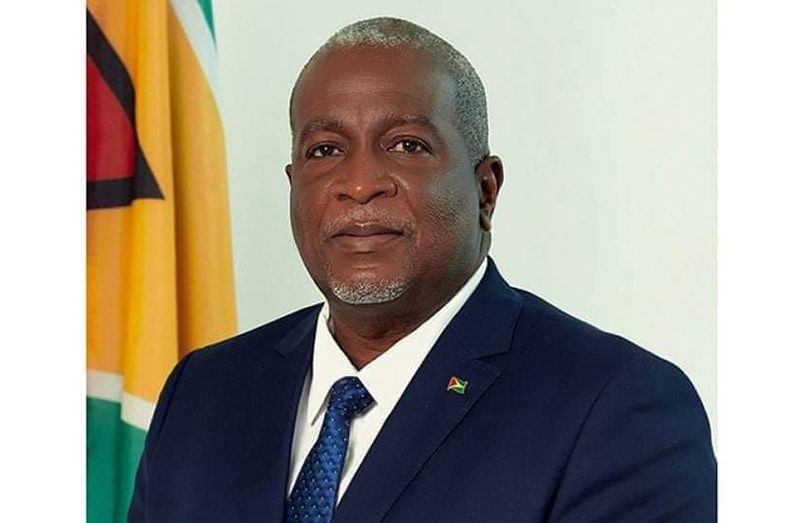– as gov’t moves to improve Guyana’s response, effectiveness
By Navendra Seoraj
SAFEGUARDING the people and patrimony of a nation is essential, because those resources are critical to advancement and development. And in light of the growing external and internal threats, the new government will be moving to adopt and enforce legislation for Disaster Risk Management and Reduction.
“Guyana has long departed from the reactive approach to hazard management, and it is the intention of the Government of Guyana to facilitate greater strides towards a more extensive and comprehensive approach,” said Prime Minister, Brigadier (ret’d) Mark Phillips, in his message on International Day for Disaster Risk Reduction, which was commemorated across the world on Tuesday.
Disaster Risk Management (DRM) is defined as the application of disaster risk-reduction policies and strategies to prevent new disaster risks; reduce existing disaster risks; and manage residual risks contributing to the strengthening of resilience and reduction of losses.
Some of the immediate goals to facilitate those risks locally include the intended adoption and enforcement of DRM legislation; the integration of DRM into the education system; and the establishment of a strong institutional framework for the coordination of risk reduction and emergency responses at all levels.
Moreover, Prime Minister Phillips said it is the government’s intention to strengthen and upgrade existing legislation and regulations to ensure the thorough integration of disaster risk analyses in all aspects of infrastructural and community development, so as to prevent the creation of new risks, and reduce existing ones.
The recent commencement of oil-and-gas operations here in Guyana, and the proliferation of the novel coronavirus (COVID-19) pandemic have justified the need for disaster-risk governance, which is relevant to both traditional and newly emerging threats.
“The Government of Guyana is committed to integrating the principles of efficient and effective governance into our national DRM framework, which will in turn safeguard Guyanese lives, property and the environment from disasters,” the Prime Minister said.
“In our plight to ensure such integration within overall national development planning, our governance structure has provided a multi-sectoral framework for disaster risk-reduction planning and coordination among government agencies, international partners, civil society and the private sector, through the mechanisms of the National Disaster Risk Reduction Coordination Platform and the National Emergency Operations Centre,” he added.
This mechanism of which he speaks, the PM said, has afforded the activation and operation of the National COVID-19 Task Force, and the implementation of holistic and coherent response strategies to address the impacts and effects of the COVID-19 pandemic locally.
It is for this reason, he said, that International Day for Disaster Risk Reduction is seen as a critical reminder of the relevance and need for transformational insight and leadership in disaster reduction.
“One of the main functions of Government is to provide stewardship to our country, in its bid towards development, with critical responsibility for the quality of life of the population through the economic choices and administrative processes that will promote equity, poverty reduction and inclusiveness,” Prime Minister Phillips said.
He believes that the principles of good governance provide the key to sustainable development, and, by implication, to effective disaster risk reduction.




.jpg)









